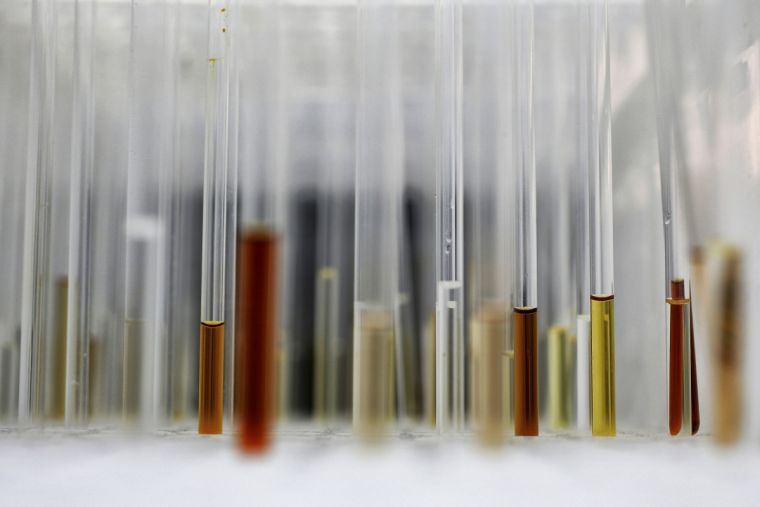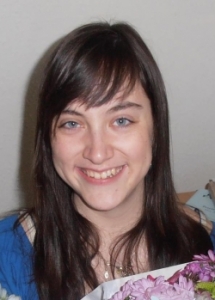God and the Big Bang: Teaching young people that science doesn't cancel out faith

In an age when young people grow up with the belief that science has disproved religion and that the two just don't match up, is it possible to offer an alternative?
One organisation is trying. God and the Big Bang is funded by the Templeton World Charity Foundation and backed by organisations including the Church of England, the Faraday Institute for Science and Religion, Christians in Science and the Institute of Education at the University of Reading.
It takes teams of highly-qualified scientists into schools, running events for 14-18-year-olds and challenging their assumptions that religion and science don't mix.
It's been operating since 2014 and since then it's reached hundreds of young people. God and the Big Bang isn't aimed at converting them. Instead, it inspires young people to think for themselves and allows them to gain a deeper understanding of how science works and what faith is.

Project coordinator Steph Bryant tells Christian Today: "The aim is to get young people across the UK thinking about the compatibility of science and faith."
A typical event might involve up to 120 students. After a keynote talk by a team member – usually a senior professional scientist – the audience will split up into smaller groups, each led by a PhD student or post-doctoral researcher.
"It's hands-on and interactive and allows a different way of approaching science and faith," Bryant explains.
She instances an activity involving designing earthquake-proof buildings using marshmallows and spaghetti. "That can be done weaving in conversation about faith, human responsibility and harm reduction, exploring different areas," she says.
At the end of group sessions there's an open question and answer session – and once one person's been brave enough to ask the first question, the floodgates open.
"Often they're very surprised when someone says, 'I'm a scientist and I'm a Christian,' Bryant says. "They want to explore it."
The idea that science and religion are in conflict has become deeply rooted in modern society. But, Bryant says, God and the Big Bang wants to challenge that. "Science tells people important stuff, but there are other ways of learning that aren't about science."
She reflects on her own experience as a science student at Cambridge converted during her course. "I found the more I went into science, the more fascinating it became. It was opening my eyes to see more of how the world works.
"So many people say, 'I have to choose between being a Christian or being a scientist.' They might be turning away from really exciting stuff."
God and the Big Bang takes the brightest Christian scientists into the classroom to show the next generation how faith doesn't mean switching off your brain. As Bryant says: "We can see them changing their minds. We give out surveys at the beginning and end of the day with the same questions, and we get some great comments back. Someone might say 'I'm so much more open-minded now' – all sorts of comments like that.
"You can see them thinking."
Follow Mark Woods on Twitter: @RevMarkWoods











